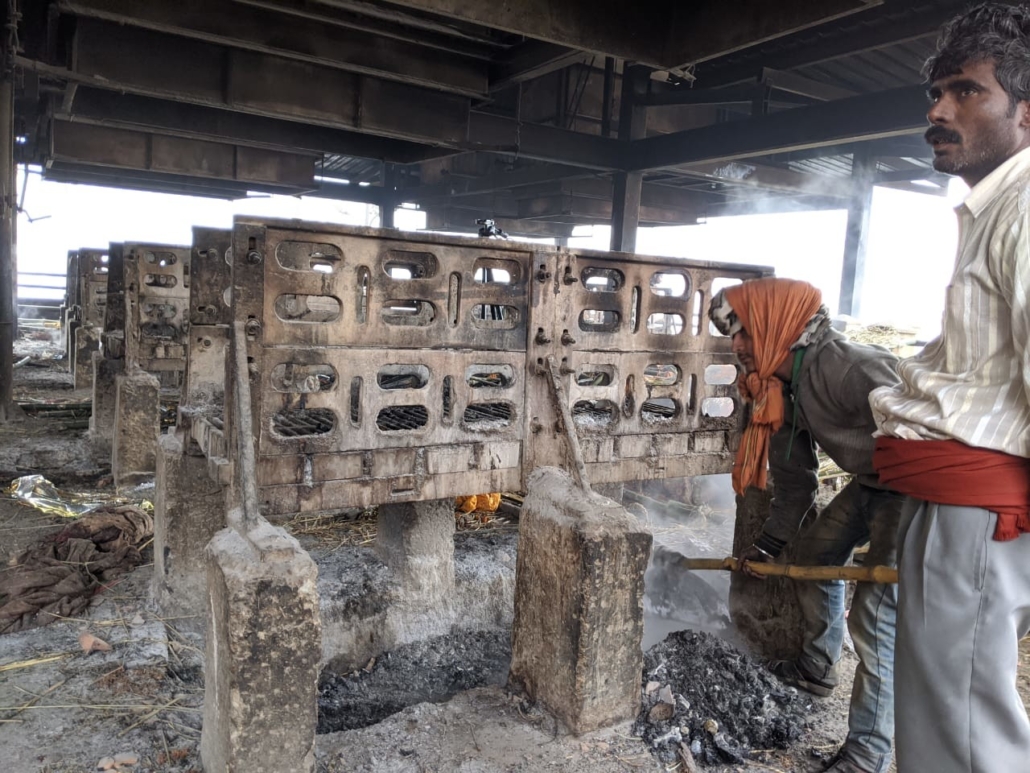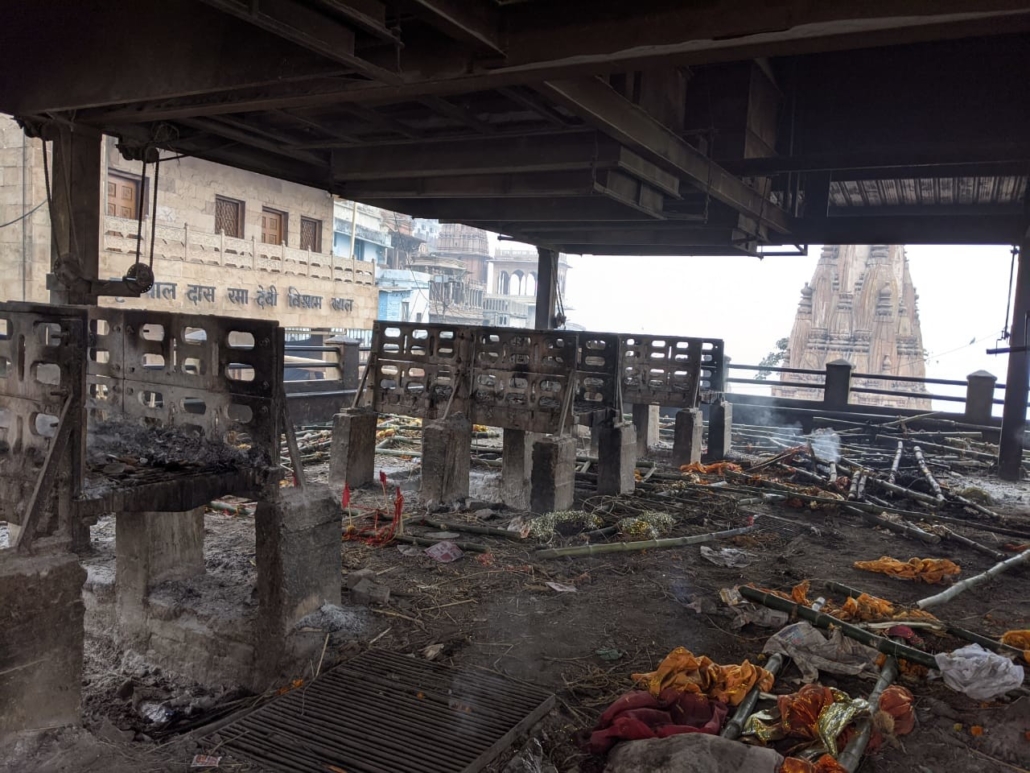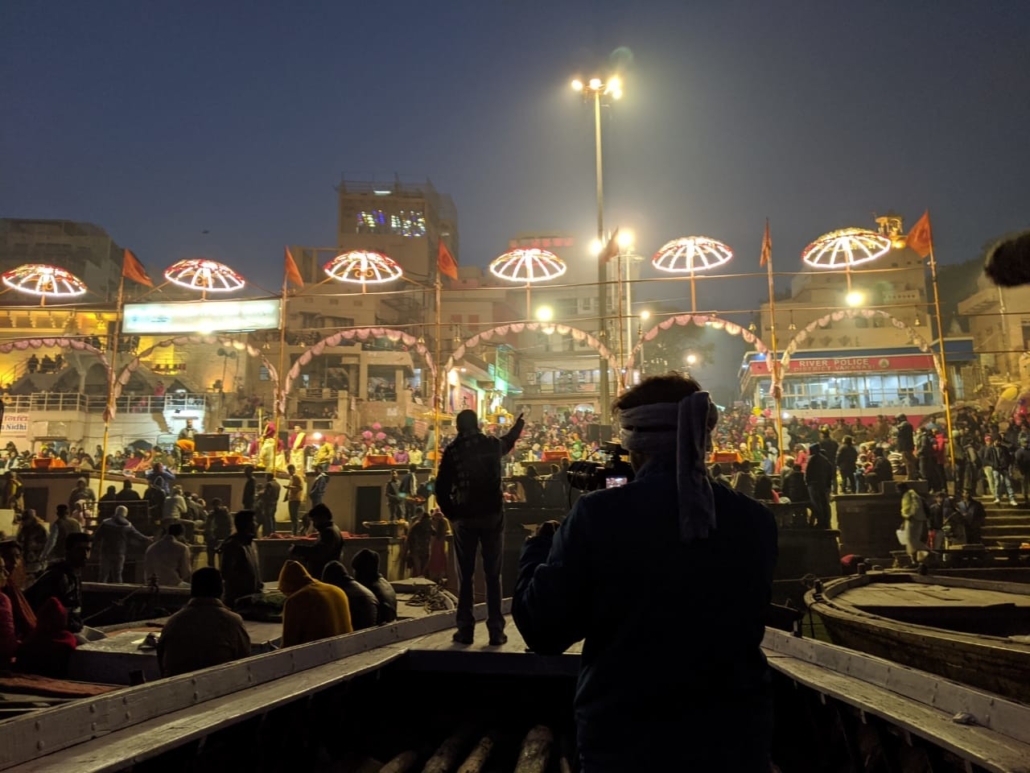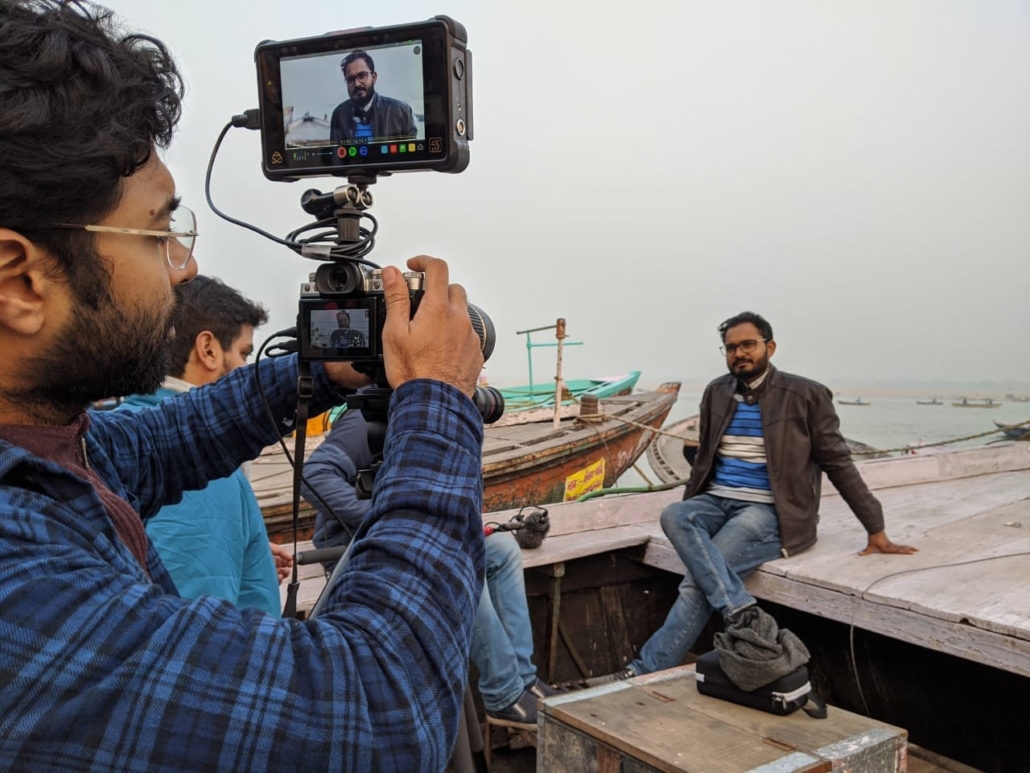Name of the film THE LAST MAN
Directed by Dakxinkumar Bajrange
Duration 60 mins
Year 2020
Country India
Language Hindi, Gujarati (English Subtitles)
Special Note Kolkata Premiere
PRINCIPAL CREW
Cinematography Anshul Agrawal, Mohar Mukund Mate, Debashish Kumar
Editing Pankaj Rishi Kumar
Sound Prashant Dhumal, Pransanjit Das
Music Pankaj Awasthi
Producer(s) Shatterproof Productions
About the film
Manual scavenging is a term used in India for the manual removal of untreated human excreta from sewers, bucket toilets or pit latrines by hand with buckets and shovels. In complete violation of basic human rights and dignity, the Dalits of India continue to be pushed to practice caste-based occupations such as manual scavenging. This type of discrimination emanates from the notion of purity and pollution and untouchability, deeply rooted into the mindset of upholders of caste in the Country’s prevalence of caste-based occupations such as manual scavenging, is a prime example of how caste, as a social construct, continues to pervade economic activities and perpetuates discrimination, exclusion, and victimization.
Filmmaker's Statement
What makes India different from the rest of the world is not only its great culture and emergence as one of the strong economies but also the paradoxes, which are found in the Indian society and its progress. While India’s being shown to the world as a strong nation of more than 1.3 billion people with decisive leadership, the other side of this rosy picture also needs to be shown to the world. In this film, I have narrated the lives of the manual scavengers endangering their lives for cleaning the choked gutters and sewage holes to earn the bread for their families. Despite the act for the eradication of manual scavenging enacted in 2013 by the parliament of India, even today nearly a million people are still engaged in manual scavenging and hundreds are dying in the gutter every year.
About the director
Dakxinkumar Bajrange is an award-winning filmmaker, playwright and activist from the Chhara De-notified Tribes of Ahmedabad in the western part of India. He is a recipient of the Ford Foundation International Fellowship (2010-11) to study Graduate studies in ‘Theatre and Global Development’ at the University of Leeds, UK. His book Budhan Bolta Hai (Budhan Speaks) was awarded first prize for "Mahatma Gandhi Best Creative Writing on Human Rights" by the National Human rights Commission (NHRC) for 2010-11. He is also a recipient of the Rajiv Gandhi Arts Fellowship (2004-05) from Indira Gandhi National Centre for Arts, and Bhasha Fellowship (2002-03) from Bhasha Research and Publication Centre to study art forms of nomadic and de-notified communities in Gujarat. His academic and journalistic articles on Theatre and Films appeared in a number of national and international journals/newspapers.






